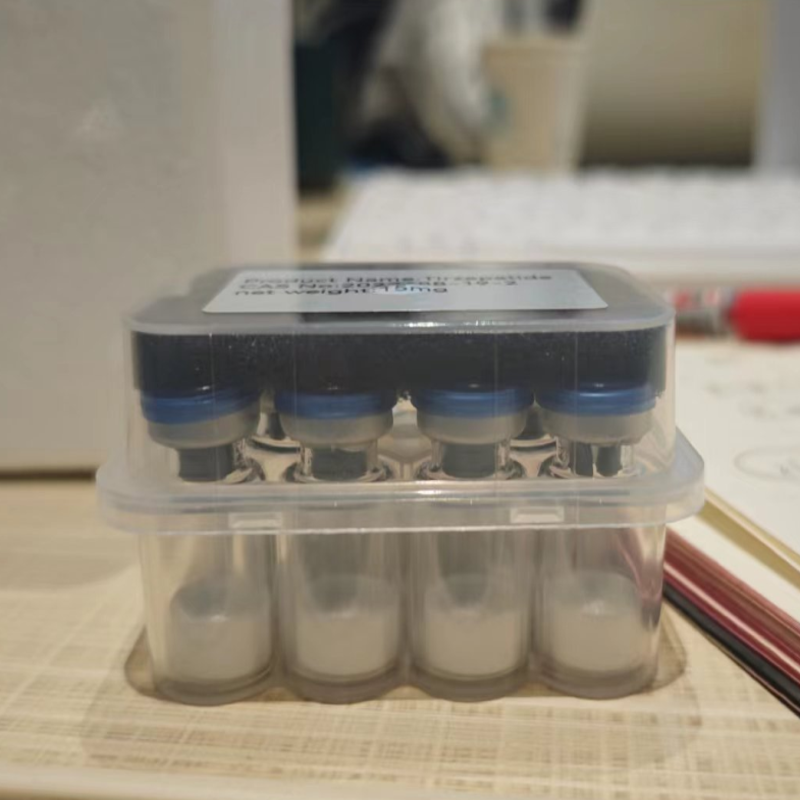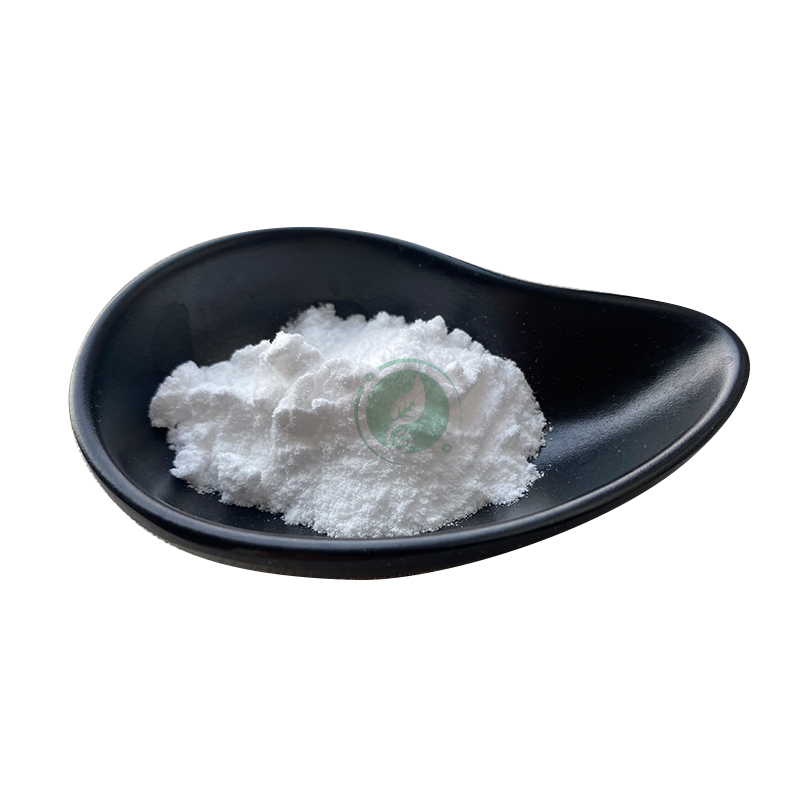Japanese scientists develop new vaccine that says it could cure Alzheimer's disease
-
Last Update: 2020-07-08
-
Source: Internet
-
Author: User
Search more information of high quality chemicals, good prices and reliable suppliers, visit
www.echemi.com
Alzheimer's disease is a common disease in the elderly, and amyloid protein is its causeRecently, a team of researchers such as the National Longevity Medical Center of Japan and Nagoya University developed a vaccine that removes the protein through mouse experiments and is working well when put into useThey fed mice with Alzheimer's that the vaccine, which removes amyloid in the brain, found that the mice regained cognitive ability and did not cause side effects such as encephalitis and cerebral hemorrhageThe vaccine is implanted on the surface of a pathogen-free virus with a gene that produces amyloid proteinsOnce passed orally into the intestines, cells in the intestines immediately detect the "fake virus" and lymphocyte cells immediately create antibodies that attack themThese antibodies attach to the surface of the amyloid protein that is trapped in the brain and remove the amyloid protein a little bitThe team tested the vaccine by genetically altering 28 mice to increase their age to a certain stageWhen the mice were about to have Alzheimer's disease in the 10 months after birth, the researchers asked 14 of them to take the vaccine, while the rest did notAs a result, almost all of the mice who took the vaccine regained four cognitive abilities, including memory and learning, after three months, as they did before they didThe 14 mice that did not eat the vaccine had lost more than half of their cognitive abilitiesIn 2003, researchers tested the vaccine for the ability to eliminate amyloid proteins in the brain, the first time in clinical trials that it could improve Alzheimer's symptoms"When amyloid protein swells in the brain, there are no symptoms, and if you take this vaccine at this time, it may have the effect of preventing Alzheimer's disease, " said Junlong Toshio, a professor at Nagoya University"
the world's first Alzheimer's vaccine was developed by a Finnish pharmaceutical company and has been discontinued since it caused 6% of patients with severe encephalitis in a clinical trial in 2002The vaccine, developed by Nagoya University and others, does not require direct protein injection, as previously used, is taken by oral methodTherefore, it has the advantages of high safety, mass production and simple use The team is next preparing clinical trials for a small number of alzheimer's patients in the hope of achieving good results If the vaccine is truly used in clinical practice, it could completely replace the treatment vaccine being developed in the United States and Europe for such conditions, while also addressing safety issues and significantly reducing costs (reproduced from China Youth Daily)
This article is an English version of an article which is originally in the Chinese language on echemi.com and is provided for information purposes only.
This website makes no representation or warranty of any kind, either expressed or implied, as to the accuracy, completeness ownership or reliability of
the article or any translations thereof. If you have any concerns or complaints relating to the article, please send an email, providing a detailed
description of the concern or complaint, to
service@echemi.com. A staff member will contact you within 5 working days. Once verified, infringing content
will be removed immediately.







